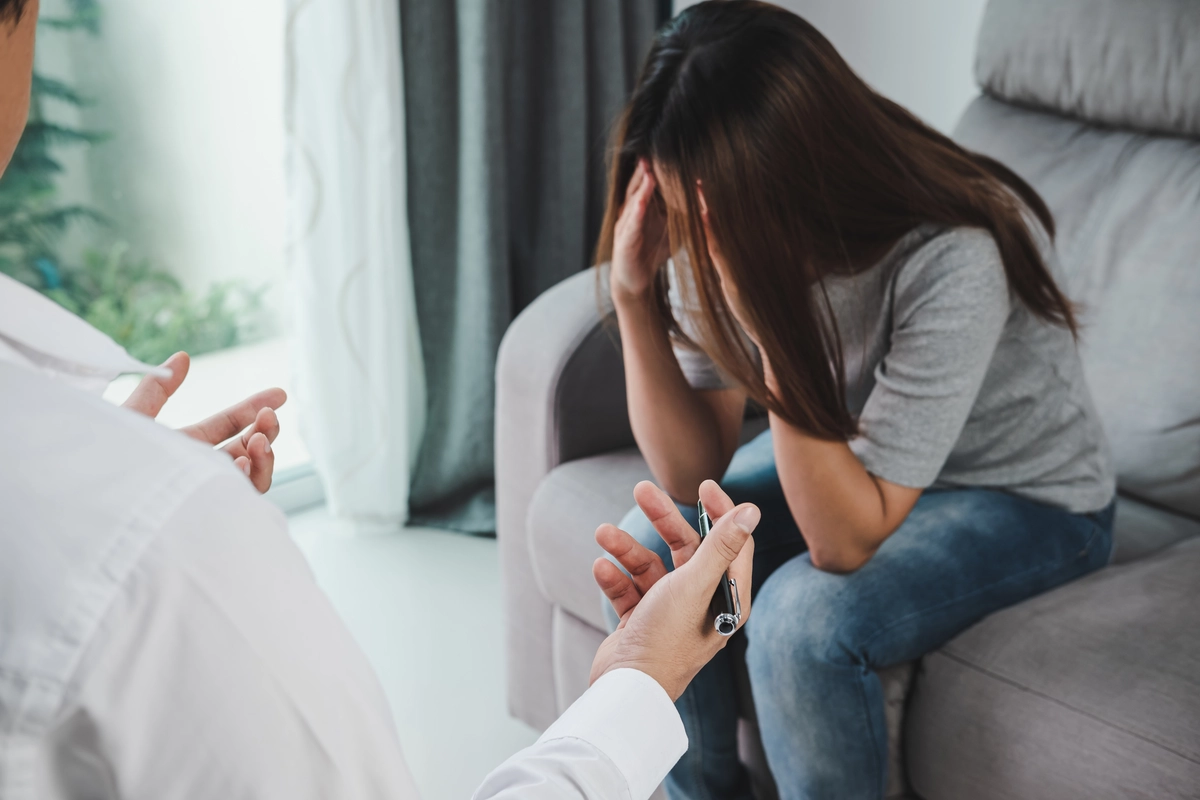24/7 Helpline:
(866) 899-111424/7 Helpline:
(866) 899-1114
Learn more about Bipolar Disorder Treatment centers in Pine Bluff
Bipolar Disorder Treatment in Other Cities

The PAT Center
The PAT Center is a drug and alcohol rehab in Pine Bluff, Arkansas. They provide outpatient addictio...





Recovery Center
Recovery Center is a private rehab located in Pine Bluff, Arkansas. Recovery Center specializes in t...

HDRS Alcoholism Treatment
HDRS Alcoholism Treatment is a private rehab located in Pine Bluff, Arkansas. HDRS Alcoholism Treatm...

New Beginnings Casa
New Beginnings Casa is a drug and alcohol rehab that supports adults and adolescents. Located in Pin...

Southeast Arkansas Behavioral Healthcare System
Southeast Arkansas Behavioral Healthcare System is a drug and alcohol rehab in Pine Bluff, Arkansas....

Central Arkansas Veterans Healthcare System – Pine Bluff Outpatient Clinic
Central Arkansas Veterans Healthcare System - Pine Bluff Outpatient Clinic is a public clinic locate...








Other Insurance Options

Health Choice

Covered California

Multiplan

Lucent

Regence

Group Health Incorporated

Providence

Horizon Healthcare Service

ComPsych

Premera

Molina Healthcare

Holman Group

CareSource

Oxford

CareFirst

Ceridian

Humana

EmblemHealth

BlueCross

GEHA